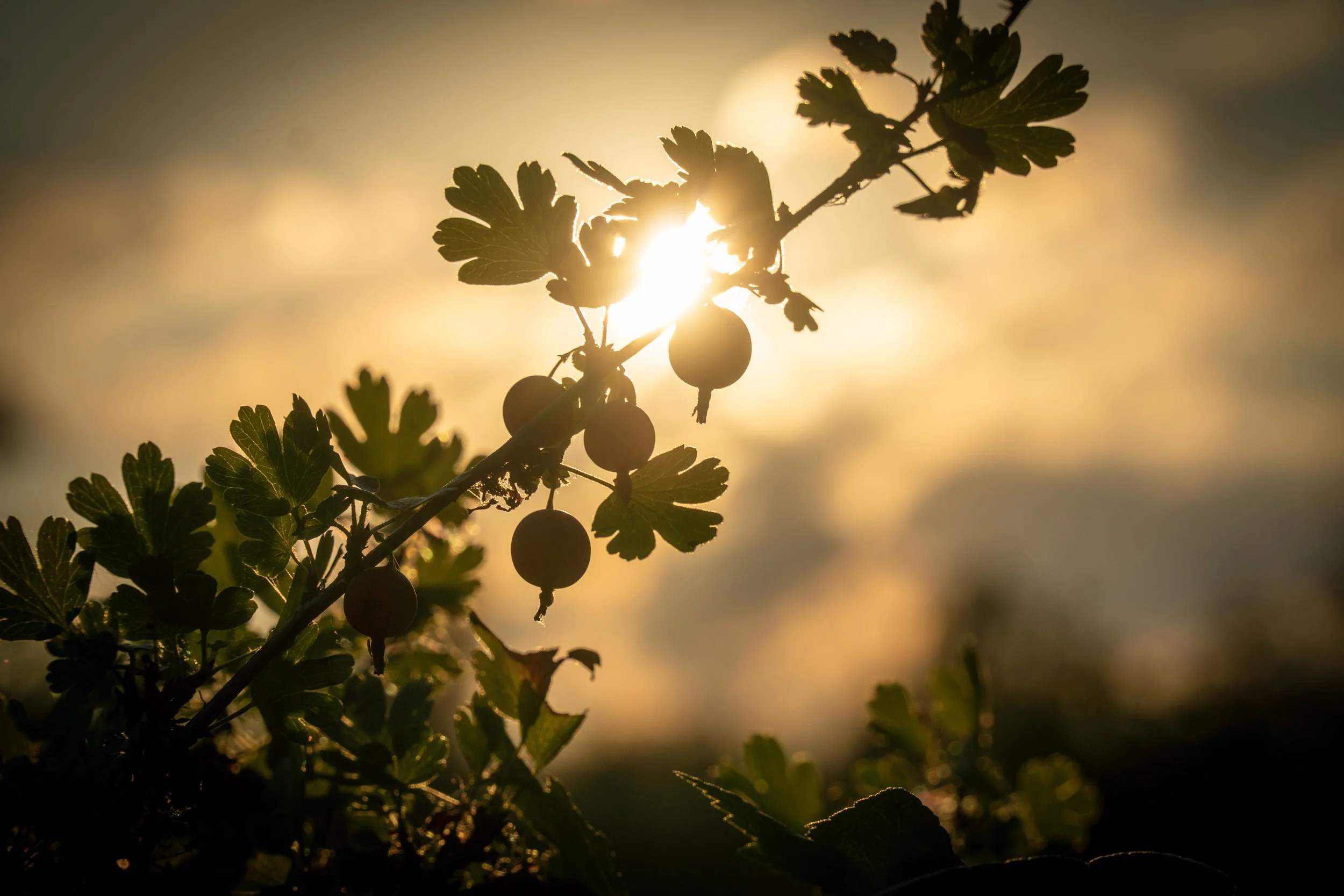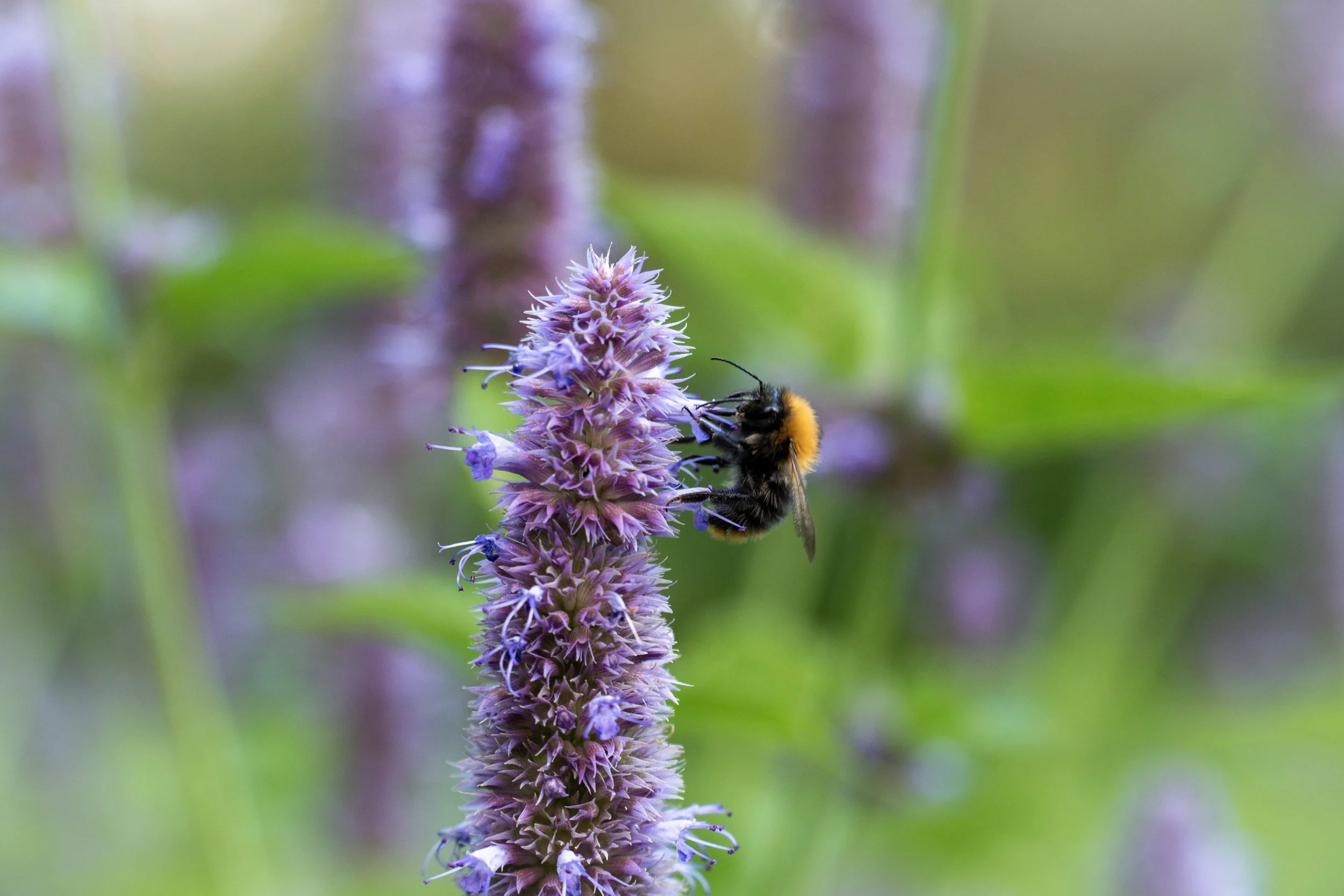Introduction to Empathic Ecology part 1: Connection to Nature
You’re Nature
The Objection to Feel
Take a moment to close your eyes, breathe and just feel into your body. Give your body your full attention and notice whatever it is you encounter. Take a minute or two just to feel and observe. You can continue reading afterwards.
First, consider that you just got a taste of Empathic Ecology. There are several ways to practice the approach and theoretical side is also important, but ultimately what you just engaged with makes up a good deal of the essence of Empathic Ecology.
Now, how was your experience? What did you notice?
If you’re like me, there were a number of things that you weren’t fully aware of. Maybe an underlying sense of unease, or discomfort in the lower back. Maybe tiredness in the eyes or cold toes. Maybe tension or an elevated heart rate. Moments of pausing and directing our attention to how we feel can be eye-opening in regard to just how much of ourselves we subvert throughout our everyday life.
It can be easy to end up in a state of hurry and be drawn from one thing to another at the cost of loosing touch with ourselves. Whether it’s work or leisure, the pace of our lifestyles is faster than ever and it can be challenging to find moments to pause.
The number of triggers that drive us towards doing and thinking rather than being and feeling seem imbalanced. Our engagement maximizing phones, fast food or city environments with high sensory loads aren’t really the kind of things that invite you pause and solely feel. From the historical and evolutionary perspectives we’ve had a very different pallet of social, cultural and technological input. Much of our interaction has moved into the digital realm and our environments have turned urban. Things in our everyday that ground us, or generate a sense of awe and appreciation, are less common.
What are the implications of this? Is it a big deal? Although one way of looking at the matter would be by analyzing the developmental curves of mental and physical illnesses and their correlation with the different arising aspects of the modern western lifestyle, in the spirit of Empathic Ecology, I propose we build our understanding through the felt experience. Recall the practice you did in the beginning of the blog post or if you like, take another moment to feel your body, just a couple of minutes is enough.
What do you notice when you take the time to feel? Does your body feel different? Do you see your surroundings in a different light? Do you notice some changes in your emotional or mental states? Would you act somehow differently if you’d carry this connection with you throughout the day?
I wouldn’t make the claim that feeling into ourselves is always easy or that it yields instant gratification. In fact, often it can be quite challenging to connect with the body, especially in the midst of hurry, anxiety or other difficult emotions. Even the so called “positive” feelings such as joy or gratitude can be challenging to embrace and contain fully. However, without the connection to our body and our experience we subvert a great deal of ourselves, all of which is going to run our lives below the conscious level.
Feeling opens us up for increased nuance around and within us and empowers us to claim ownership over our lives. This is foundational not only for the enjoyment of life and well-being, but well-rounded and considerate decision making. Lack of feeling doesn’t only mitigate the depth of connection to what it’s but also how and why we come to act. We simply can not make decisions that suit our best interests if we aren’t properly informed on how we feel, who we’re surrounded by and where we are. At least not consciously. This implies that feeling comes to have deeply pragmatic relevance. It is also our ground for navigating life.
Regardless of what you feel, you might also come to find solace solely in the act of feeling itself. The danger of chasing particular emotional states or sensations has been written about across many wisdom traditions around the world accompanied by an invitation to simply be curious, observe and feel with no attachment or judgement over the content of your experience. There’s an underlying sense of contenment to be discovered as we deepen our relationship with feeling.
Empathic Ecology
An Invitation to Connect
Etymologically, empathy derives from the Greek "em-" meaning 'in' and "pathos" meaning 'feeling.' Ecology then comes from the Greek "oikos" meaning 'house' and "-logy" meaning 'study of.' The word “house” can be understood in different ways, but with Empathic Ecology, we look at two meanings in particular. Firstly, our body, the “house” for our mind and soul. Second, the outdoors, the wild unconstructed environments that we are born of, have been our home from the beginning, and what we’ll ultimately return to. The “-logy” suffix simply means “science” or the “study of.”
Notice that the word nature is not being used in these definitions. In the paradigm of Empathic Ecology, nature is a fundament that is inseparable from life and can not be reduced to an environment or any particular thing for that matter. We can not separate ourselves from nature for it is omnipresent. We can, however, become desensitised to it and perceive it in narrow and fragmented ways. This is where the connection to our body and the outdoors comes in play, as they are particularly strong anchors to help ground ourselves and develop the capacity to take in the multitude of life. They serve as gateways to understanding nature.
Our body is our home, and our relationship with it is the most fundamental thing we have. It precedes emotions, thoughts, and interaction of any kind. It is the vehicle that allows us to have experiences in the first place and the basis from which we come to understand and meet the rest of life. The outdoors, on the other hand, can be seen as our home in a wider sense. It is where we come from and where we’ll ultimately end up. Wild environments have a unique power to make us feel at home, providing a cradle for deepening our relationship with ourselves. This is something you might’ve experienced first-hand, but is also visible in the multitude of studies showing how even short periods of time spent outdoors can significantly lower stress levels and enhance our mood. You might see the positive feedback loop here. The outdoors guide us to feel more deeply into ourselves, which in turn opens us up to appreciate the depth of everything around us. This interplay lies at the heart of Empathic Ecology.
As we learn to settle deeper in our body, it becomes progressively easier to take this connection with us wherever we go. We become more present in how we relate to people and aware of how different kind of environments feel, learning to discriminate our experience and navigate our lives from an embodied place. Ultimately the body and the outdoors are just the starting point for our journeys. Sooner or later, Empathic Ecology naturally finds is way across all domains of life.
A final key revelation here is that as the exploration of our bodily and environmental experience continues, we start to sense how the two are ultimately inseparable. Our environment affects us, and vice versa. We begin to empathise not only with ourselves but all of life and see how everything is interconnected. The ramifications of this are vast and will be addressed in further detail in sequel posts, but consider this: The essence of what we find through the practice of Empathic Ecology is nature. This applies to the body, to the outdoors, and everything else for that matter. You can not consider yourself distinct from anything or anyone. It’s only at the point where we feel ourselves as a part of the web of nature that we start to make decisions in service of it.
Empathic Ecology is first and foremost a way of looking at the world with wonder and appreciation and having the courage to feel everything that comes along with embarking on this journey. The body and the outdoors are our guides, but the practice extends far beyond. Independent of what you’re surrounded by or how you feel, you always have a chance to connect with nature, as it’s the essence of who you are.


